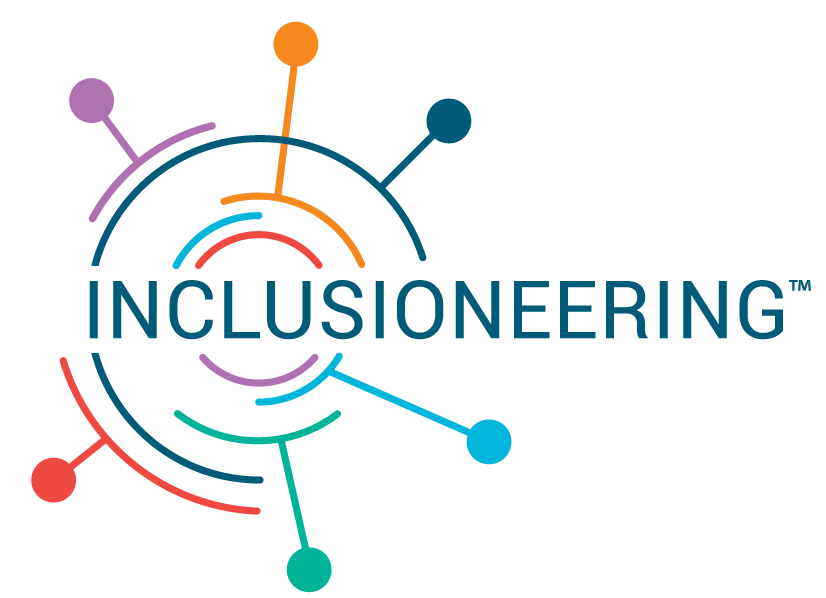Modern technology and engineering were shaped by specific historical, political, and economic forces rather than developing independently or neutrally.Many of the systems, standards, and methodologies used today were built within and influenced by colonial power structures that prioritised Western worldviews, extraction, and control.These foundations continue to affect who is recognised…
While the UK tech sector continues to grow rapidly, one vital measure of progress remains slow – gender diversity.The recently published BCS Gender Diversity in the Tech Sector Report 2025 paints a clear and data-driven picture of where we stand and where urgent action is still needed.The report also included…
As the Inclusioneering team reflects on the past year, we’re grateful for another year of progress, partnership and purpose. This year also marked a milestone – our fourth birthday. Since Inclusioneering was launched, we’ve had the privilege of collaborating with businesses, organisations, and leaders across engineering and technology to embed…
Inclusion is no longer a buzzword – it’s a business necessity. The latest Women in UK Manufacturing 2025 report, led by the University of Cambridge’s @ Institute for Manufacturing sets out a clear message, if the UK’s manufacturing sector wants to thrive, it must lead with inclusion. This year’s review…
Like many, I’ve watched the footage of people protesting outside The Bell Hotel in Epping, being used to house asylum seekers. The hotel is less than an hour away from where I grew up. Locals waved signs, chanted about ‘protecting our communities’ and keeping ‘England for the English’. The St…
As AI continues to evolve at an unprecedented pace, ensuring its safe, reliable, and ethical deployment has become a top priority for governments, industries, and regulatory bodies. In March 2025, AI Standards Hub Global Summit took place in London. The two-day Summit was organised in partnership with the Organisation for…
The rapid advancement of AI and digital technologies brings both opportunities and challenges. Earlier this month, Inclusioneering’s CEO and Founder, Jo Stansfield attended an All-Party Parliamentary Group on AI, hosted at the House of Lords. The event discussed the shift from digital entropy (increasing disorder, uncertainty within systems, data, and software…
‘Unlocking potential and meeting the skills demand of an evolving profession’ was the topic under discussion at the inaugural BCS Convene Conference in February 2025. As a conference advisory board member, Inclusioneering’s Founder and CEO Jo Stansfield, helped shape this event, and was in London to hear the discussion unfold. The…
The European Union officially launched its first wave of AI Act provisions and restrictions, which came into effect on 2nd February 2025. The landmark piece of legislation will regulate the use of artificial intelligence across industries. Beyond AI developers, firms that are deploying AI systems will also be subject to…
It’s UK Disability Awareness Month. It started on 14th November and runs until 20th December 2024. We asked Inclusioneering’s Associate Disability and Neurodiversity Consultant, Martin Griffin to share his thoughts on what the month means to him: As a neurodivergent and visually impaired ground engineer (geologist), and an Equity, Diversity,…

Recent Comments